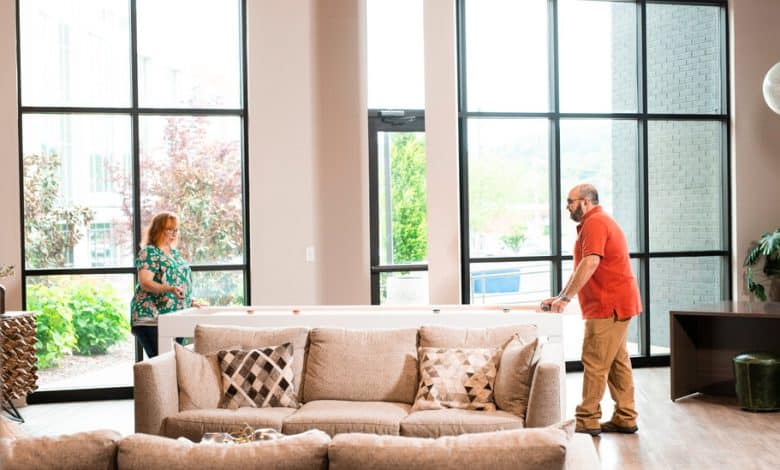Renting Forever and Trying to Create a Strong Financial Future

Moving back and forth from Tennessee to Alaska, Michael Rogers and his wife Christy have twice been stuck simultaneously paying a mortgage and rent. Once, in 2006, the situation dragged on for eight months, finally ending when they sold their house in Tennessee for $20,000 below what they’d paid for it.
Other adventures in homeownership ended well — the couple doubled their money after selling a fixer-upper. Then later, with another property, they had to pay out $30,000 to fix a mudslide around their home, a mistake caused by the builder.
Two years ago, the Rogerses moved to Kingsport, in northeastern Tennessee, where they signed a lease on an apartment they thought would be a yearlong stopgap before buying again.
The couple just renewed their lease for a third year, and have decided to remain renters for good. Mr. Rogers, a construction manager, likes the convenience of being able to move when a job calls.
Either by choice or by being priced out of the market, many people have decided that renting forever is their best — or only — option. Housing costs and interest rates have risen in the last few years, and it can make financial sense to rent. (The Times has recently updated its popular rent-versus-buy calculator to help people understand the trade-offs.) In the 1960s, the median house price was a little over twice as much as the average income. It’s now nearly six times as much.
Home-ownership is a traditional strategy for long-term wealth building. For people who aren’t planning to buy, creating a strong financial plan without building home equity requires a different mind-set.
